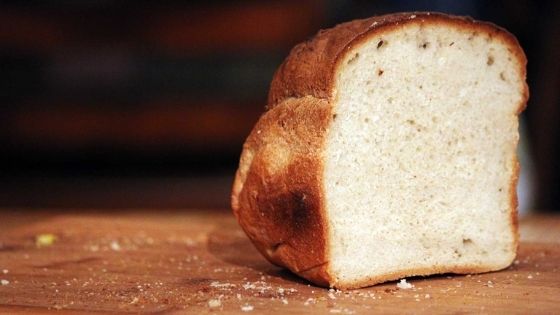Are you an avid baker finding yourself overbaking more often than not? Then perhaps it’s time to consider freezing your excess dough to prevent food waste and save for your next baking session! Keep reading to learn how to freeze and thaw your bread dough!


How to Freeze Bread Dough
When preparing your dough, it is best to decide whether or not you want to freeze all or part of it first beforehand. This is because when making dough for freezing, you need to add twice as much yeast than what is stated in the recipe. This extra yeast is to compensate for the yeast that will eventually die off during the freezing process. When making your dough, also make sure to use active dry yeast and not fast-acting yeast as you do not want your dough to rise too quickly (especially not before it is frozen).
Freezing the dough itself is an easy process. Follow the steps below to freeze your bread dough correctly.
- Place the dough in a greased bowl and wait for the dough to finish its first rise (most breads containing yeast will require too rising sessions)
- After completing the first rise, punch down on the dough and knead it until it passes the window membrane test.
- Shape the dough into a loaf (or any desired shape in line with the recipe)
- Line a bread pan with greased plastic wrap and place your loaf of dough into it (this is so that your dough holds its shape when freezing)
- Move the bread pan into the freezer and leave it to freeze for approximately 10 hours
- After 10 hours, remove the frozen dough from the pans and wrap it separately in plastic wrap
- Place the wrapped frozen dough into another plastic freezer bag and make sure the bag is air tight
- Date the new bag of dough and place it back into your freezer
- You now have frozen dough ready for baking whenever you please!
How to Thaw Frozen Dough
To take full advantage of frozen dough, you need to know how to thaw it as well. Thawing frozen dough is a simple process as well, albeit a little time consuming. Depending on the type of bread dough you use, the thawing process can take anywhere between one hour to 20. Always make sure to check the recommended thawing time and recipe use so that you do not spend too long waiting for your dough to thaw.
To thaw your dough, move it from the freezer to the normal section of your fridge and wrap it with a retard cover. After thawing, proof and allow your frozen dough to rise by placing it on a countertop for approximately one hour at room temperature. After your dough has been adequately thawed and proofed, it is ready for baking. Bake your dough as you normally would and follow your recipe’s instructions.
Save on time by freezing and thawing your dough whenever you’d like! Also consider purchasing frozen dough to simply thaw whenever you’d like a bite of delicious and freshly baked bread!
















